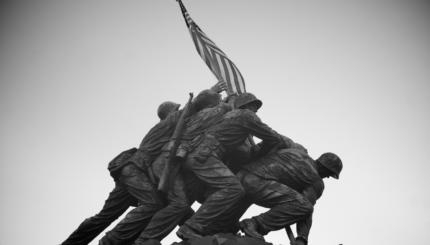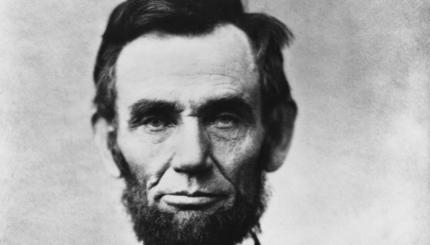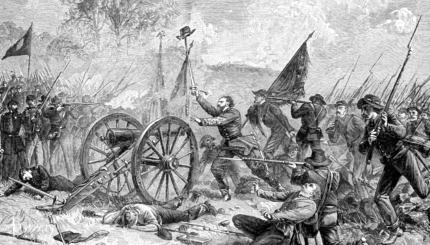Faith and Foxholes: Jewish Military Chaplains in War and Peace
Hosted By: Haberman Institute
Serving since the Civil War, when President Lincoln personally intervened to allow their service, Jewish chaplains have worked to comfort, care for, and inspire all military personnel — those of all religions, and those who claim no religion — often risking their lives to do so.
Rabbi Arnold E. Resnicoff will delve into the history, roles, and responsibilities of Jewish Chaplains in our nation’s military. This talk will explore the historical facts and personal anecdotes, including, but not limited to…
How did Rabbi Roland Gittelsohn’s sermon after the battle of Iwo Jima become one of the most famous sermons of WWII, while at the same time advancing interfaith cooperation for military personnel?
Who were the four “Immortal Chaplains” honored on a US postage stamp emblazoned with the words “Interfaith in Action?”
How was Rabbi Resnicoff’s eyewitness report of the 1983 Beirut Barracks Bombing, called “the attack that launched the war on terror” read in full by President Ronald Reagan as a keynote speech to 20,000 attendees of the “Baptist Fundamentalism ’84” convention? Did this help change military regulations to allow Jewish personnel to wear kippot in uniform?
Why did courts decide that the chaplaincy was not only constitutional but perhaps constitutionally required?
Join to explore the often misunderstood role of Jewish chaplains in today’s ever-changing military.
The event listed here is hosted by a third party. My Jewish Learning/70 Faces Media is not responsible for its content or for errors in the listing.



